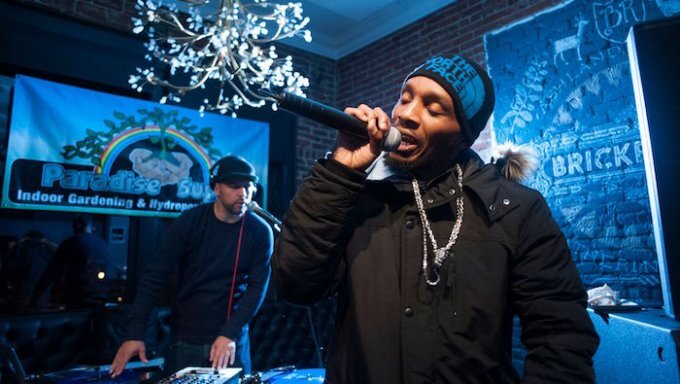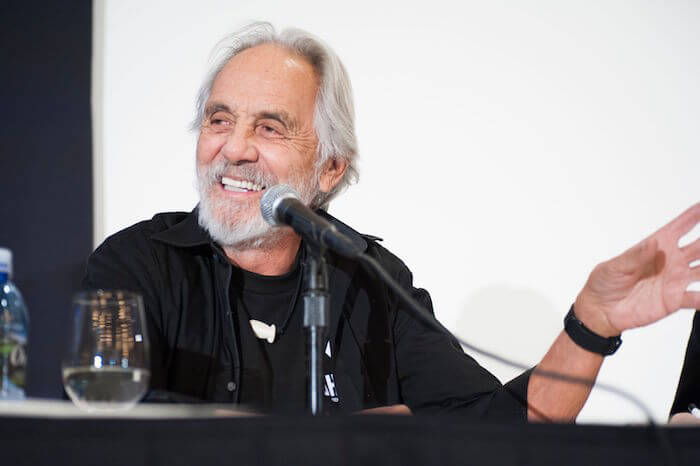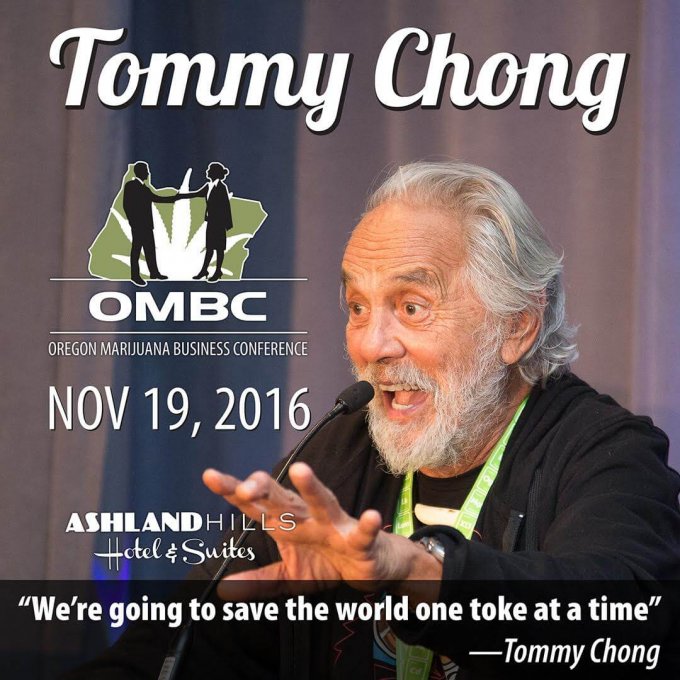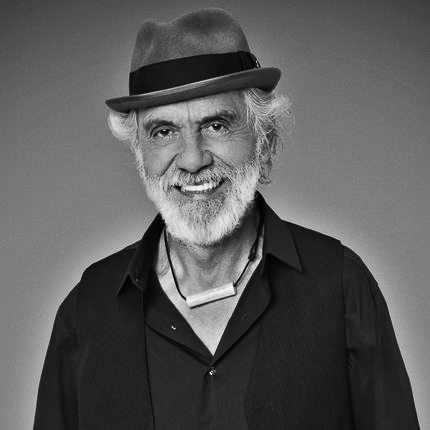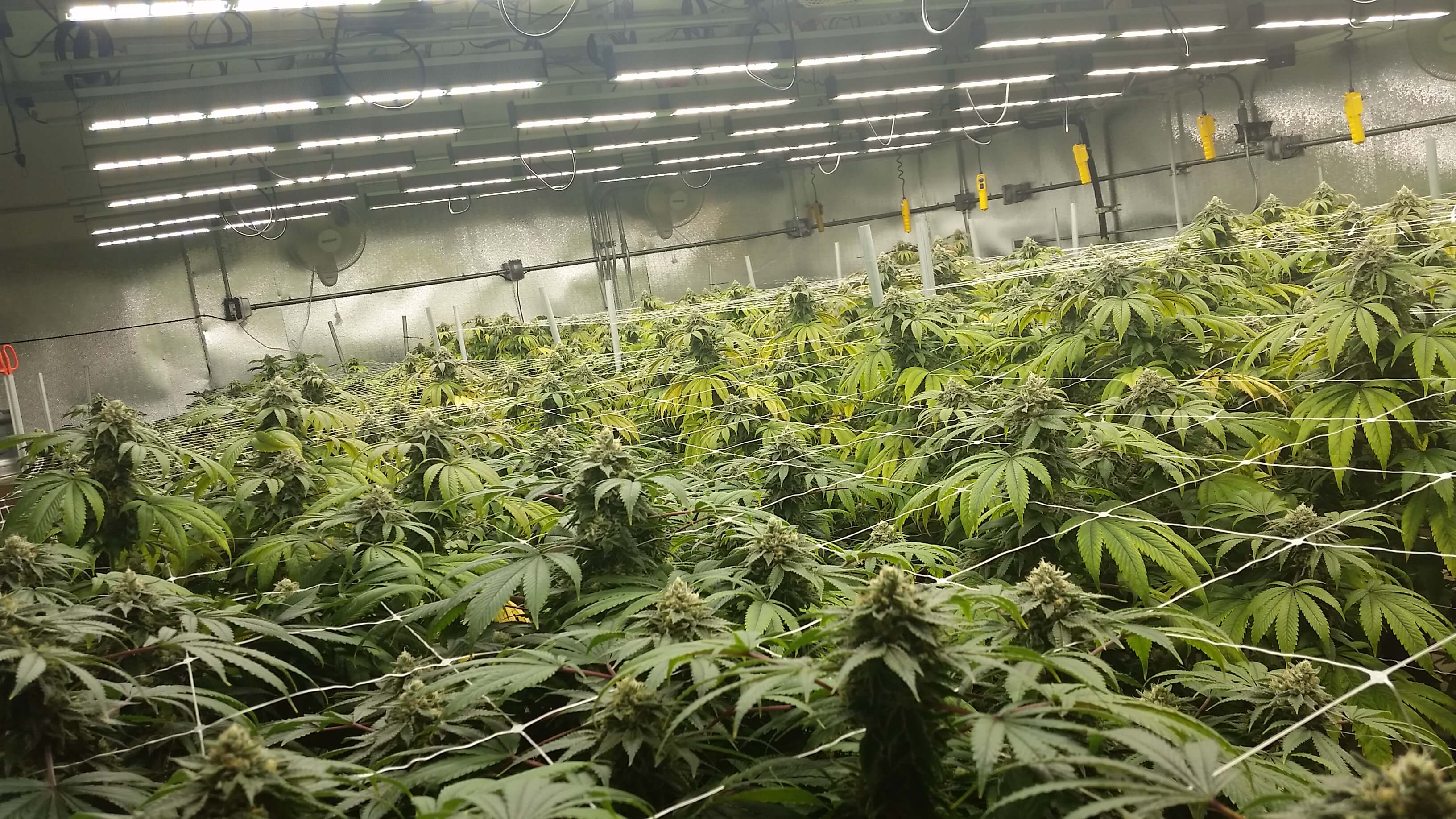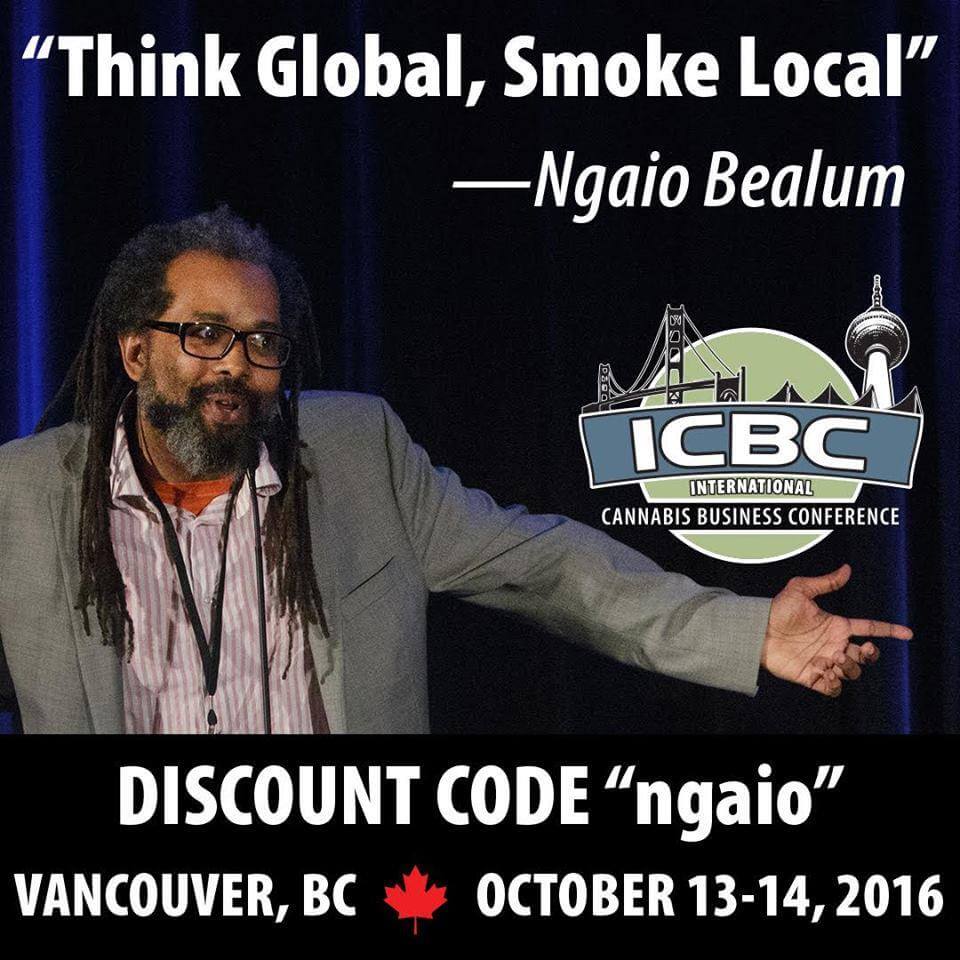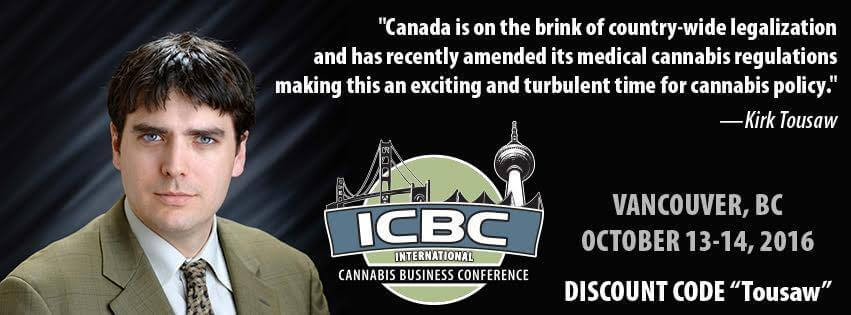Neal Levine, Senior Vice President of Government Affairs for LivWell Enlightened Health , has been through the trenches of cannabis activism and business, like very few have. Levine actually helped to oversee the grant from the Marijuana Policy Project for the very first campaign I was a part of, a local reform effort in Columbia, Missouri back in 2003. Neal’s impact has been felt in the political sphere in campaigns across the nation and he brings his policy knowledge and foresight to LivWell, a fully integrated medical and adult-use cannabis company in Colorado. Neal will be sharing his extensive knowledge with attendees at the International Cannabis Business Conference (ICBC) in Vancouver, British Columbia, this October, and I was very happy to catch up with him for a bit.
Anthony Johnson: You’ve had quite the career in the cannabis activist and business sectors over the years. How would you sum up your experience?
Neal Levine: “Thank you, Anthony! That’s quite the compliment coming from you.
I’ve had the good fortune to have worked on cannabis policy reform in more than 20 states over the course of almost 14 years. In that time I have either led or been part of the teams that passed many of our current cannabis laws, both legislatively and at the ballot. I shut down my political consulting business and started working with LivWell last July, and everything that I have done professionally up to this point has led me to this job. While we may be one of the larger cannabis companies out there, we are still very much a start-up. So I get to wear many hats, working on our federal and local government affairs, our community integration efforts, public relations, new business development, and whatever else happens to fall out of the sky on any particular day. I’ve never had this much fun at work, and it is honestly hard to stop working sometimes to find the time to take a breath.
I have also been fortunate enough to have several key mentors along the way, making up for my lack of formal political and business training. To now be able to count LivWell CEO John Lord and legal counsel Dean Heizer among the folks who have helped to mentor me on the business side is humbling. John and Dean have built multiple successful businesses, and now I get to work on this venture with them. Plus, I get to work directly with John’s son Mike on multiple projects, who is one of the brightest and most dedicated people that I have ever had the pleasure to work with. I feel truly blessed. That probably sounds cheesy, but I don’t care. It’s true.”
AJ: How many retail locations and employees does LivWell have?
NL: “We currently have 14 retail locations and just shy of 600 employees. Isn’t that amazing?”
AJ: It is. So how do you respond to complaints that LivWell is an example of Big Marijuana that is hurting the industry?
NL: “You mean after I stop laughing?
Let me start by saying that there is no such thing as “Big Marijuana”, at least not yet. And folks in the cannabis policy reform movement and the industry who regurgitate that prohibitionist clap-trap are doing exactly what the prohibitionists want us to do. Everyone who is actually in the industry should understand that we are all hanging on by our fingertips. To quote Benjamin Franklin, ‘We must, indeed, all hang together, or most assuredly we shall all hang separately’. Folks, we are all in this together.
But to specifically address your question, there really aren’t “mom-and-pops” out there going out of business because of us or companies similar to ours. Almost all businesses struggling in the legal and compliant cannabis industry today are struggling because of the cost of complying with state and local regulations and our effective federal tax burden of 80% or more (plus the never-ending stream of IRS audits that come with it). It is just a devastating one-two combination. Especially for smaller operators. It is almost impossible for cannabis companies to survive unless they are able to scale.
So as far as us “hurting” the industry, that’s just absurd. We have spent a lot of time and resources trying to advance the industry, and those efforts will continue. Also, we feel that one of the best things that we can do for the industry as a whole is to try and lead by example. We understand that our employees are our number one asset, and therefore all of our employees have full company paid health insurance and a 401K retirement plan that LivWell makes an annual 3% contribution to that does not require an employee match and vests instantly. Our entry level positions pay several dollars above the minimum wage, and we invest heavily in employee training to minimize turnover.
Between engaging politically and doing our best to run a solid company that the industry can be proud of, we feel that we are working hard to advance the industry every day. Of course, no one is perfect and we’re always striving to get better at what we do, including being as engaged as possible in all of the communities that we operate in. And that includes the cannabis community as a whole.”
AJ: What’s your advice for those attending the International Cannabis Business Conference and those entering the cannabis industry?
NL: “If you’re looking at opening a business in the states, be sure to get a good CPA, pay your taxes, and understand that the cannabis business is not license to print money. If you’re looking to be a passive investor, make sure you pick your teammates very carefully. Success is going to take a while. Go into this with eyes wide open, and you don’t have a true love of the plant, there are much easier ways to make money.”
AJ: What advice would you give to political advocates?
NL: “I strongly believe that we need to collectively focus our energy and resources on ending the scourge of IRS 280E enforcement against our industry. Many of my friends and compatriots in the cannabis legalization movement view this as an “industry” problem, when in fact aggressive enforcement of 280E is a cornerstone in the foundation of modern cannabis prohibition. And it has been for almost twenty years. Former Drug Czar Barry McCaffrey first outlined the strategy in a memo to President Bill Clinton in 1996 after the passage of Prop 215 in California. This enormous tax burden we struggle with isn’t an accident, man. There are forces at work that are doing this to us on purpose, and they are doing it because they want to see this movement fail.
The cannabis legalization movement gave birth to our industry, and we are inextricably linked forever. Like all good children, it will eventually be our responsibility to take care of our “parent”. But to continue with the analogy, we’re barely toddlers. We need to all work together to get the industry to the point where we are in position to fully fund the movement, and then we can all collectively end cannabis prohibition once and for all. But that cannot happen until state-compliant cannabis companies are no longer subjected to 280E enforcement. We are simply not in a position to replace the billionaire philanthropists that have historically funded the cannabis legalization movement. Yet.”
AJ: How are you feeling about the marijuana reform measures on the 2016 ballot?
NL: “Honestly, I’m extremely nervous. A lot of initiatives were placed on the ballot without the funding in place to run full-fledged campaigns, and many of these campaigns are fishing in the same small pond for funding. Also, several of these initiatives skipped the essential step of researching the electorate for viability before launching their campaigns, which is campaign 101 stuff. Another factor that makes me nervous (for a whole host of reasons) is Donald Trump. Who knows what this electorate is going to look like? This is the hardest electorate to read in my 18 years of working in politics.
With those caveats, I think the healthiest campaigns at the moment are in Maine, California, and Florida. Nevada, Arizona, and Massachusetts are more complicated. I don’t have much of a read on the other medical ones out there.
I am a former resident of Nevada and I have done a lot of work there, including leading the signature drive to qualify the current initiative for the ballot. So that one is personal. Sheldon Adelson, a multi-billionaire casino owner and top Republican campaign financier, has apparently pledged to put over $3 million into the “No” side. He also purchased the largest newspaper in the state, The Las Vegas Review Journal. The LVRJ had actually endorsed the legalization campaign the day that we launched the signature drive, and then almost immediately reversed their endorsement of the initiative after he bought it! In a close race, Adelson has the resources and political talent available to him to swing the election.
I will say that there is some amazing talent working on our side of the Nevada campaign, with the largest props reserved for Scot Rutledge and Joe Brezny. Anthony, you and I both know from experience how thankless campaign work can be. Joe specifically has done an enormous amount of work to launch this campaign and keep it alive through many trials and tribulations. So I would like to take this opportunity to personally thank Joe Brezny for everything that he has done for cannabis policy reform in Nevada. Joe and Scot, if you are reading this, you are appreciated.”
AJ: Thanks, Neal. Looking forward to seeing you at the International Cannabis Business Conference in Vancouver next month.
NL: Thank you. I can’t wait to see you and everyone at the ICBC.
You can see Neal Levine discuss cannabis industry and politics, along with many other prominent entrepreneurs and advocates at the International Cannabis Business Conference in Vancouver, British Columbia, Canada, October 13-14.


